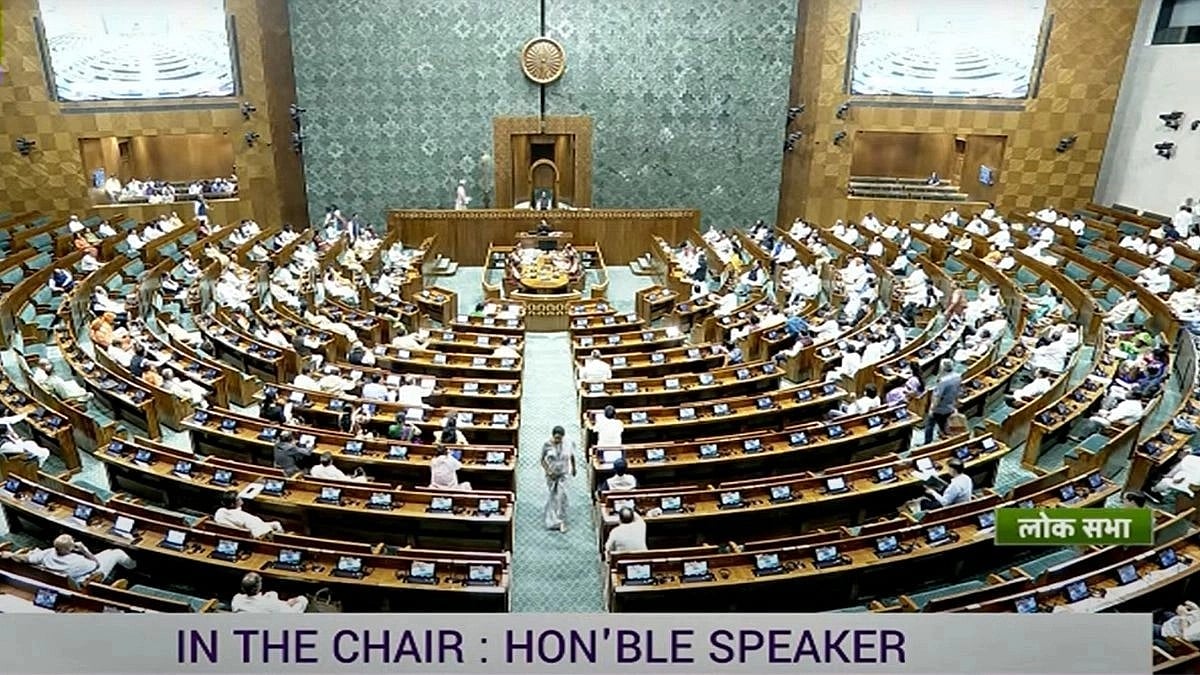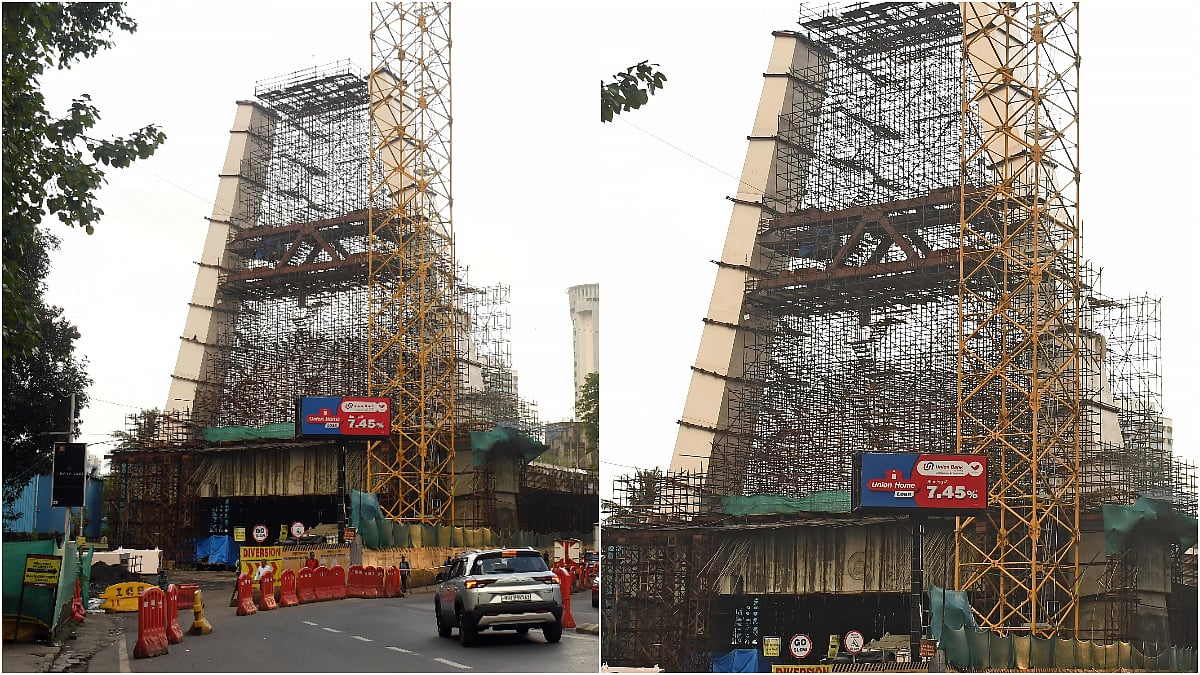In a rare display of national consensus, all political parties came together to enact the 128th Amendment of the Constitution with near-unanimity. Women constitute half of human society. India has the unique distinction of being the first republic that guaranteed franchise to women from the very inception. It took long struggle and sacrifice for women to be recognised as equal citizens in many mature democracies. Abigail Adams, the wife of America’s second president, John Adams, pleaded with her husband that women should not be forgotten in the new Republican democracy. And yet, the Constitutional Convention which met in Philadelphia in 1787 gave the right to vote only for white males. It was only 133 years later in 1920 that women got the right to vote, and in Britain it took eight more years.
In recent decades families have warmed up to the idea of women’s education and greater role in professions and businesses. In almost all colleges and universities young women are outperforming their male counterparts. And yet in public life women so far had only a marginal role. From around 5% in the 1950s, women constitute a little under 15% of legislatures now. Politics continues to be a male preserve.
There are two compelling reasons why women should have greater representation in legislatures. First, half the society should have half the voice and representation. Given centuries of patriarchal tradition and subjugation of women, greater voice and role for women in councils of power is fair and necessary. In recent years, with increasing urbanisation and impersonal lives, violence against women is rising. Participation of women in labour force is actually declining, and is now under 20%. Our ambitions for high growth cannot be fulfilled if women are marginalised in wealth creation. Women need more voice and power.
Second, in our feudal, patriarchal, hierarchical culture power is usually defined and practised as a source of domination and control. That is why traditionally the portfolios like home (police), defence (armed forces), finance and taxation (money) and revenue (land) have been regarded as desirable. Given this obsession with domination, health, education, basic amenities, skills, employment generation etc have been regarded as less important. Women are likely to redefine politics as service rather than control, and focus on bread and butter issues that really matter to voters and tax players. We need to deglamourise power politics and encourage service delivery, accountability and decentralisation.
One of the curious features of our society is, while women are under considerable pressure in families and society to subordinate their desires and talents to those of men, voters do not exhibit any prejudice against women leaders in politics. In fact since 1952 among the pool of viable party candidates available, women are elected in larger proportion than men. In general, while 25% male candidates from recognised parties are elected, 33% of women candidates are elected! That is why many authentic women leaders gained prominence over the decades; Indira Gandhi, Nandini Satpathy, Jayalalitha, Mayawati, Vasundhara Raje, Mamata Banerjee etc rose to prominence without any resistance from voters.
The problem with women's representation does not lie with voters; it is largely because of parties’ failure to nurture women's leadership. In that sense the reservation of seats with rotation, whether in each election or once in two cycles, is likely to lead to proxy women leaders. Powerful male leaders who are loath to give up office may nominate their proxies — women members of the family — and exercise the real power themselves. The phenomenon of ‘panchpatis’ — the husband of the woman Sarpanch or municipal leader exercising real power — is already seen in most local governments. With rotation, the women representatives who establish themselves as authentic leaders will be denied the chance of re-election and eventually fade out of public life. And rotation of reservation may encourage even more predatory politics and corruption, as there will be no incentive for re-election restraining the unsavoury instincts of legislators. Leadership development takes decades of nurturing. Party quotas by law, but with flexibility and freedom of where to nominate women candidates will allow organic growth of leadership. It will also allow successful women leaders to stand for re-election and grow in stature with time. Adequate safeguards can be in place to prevent nomination of women in losing seats. For Lok Sabha the state can be the unit, and for state Assembly, a contiguous group of Lok Sabha seats.
Even a poorly designed law to enhance women's representation is welcome; but a better model will improve the nature of polities. The lawmakers bought time to implement the women’s reservation; they should use it well to make politics better.
(The author is the founder of Lok Satta movement and Foundation for Democratic Reforms. Email: drjploksatta@gmail.com / Twitter@jp_loksatta)










